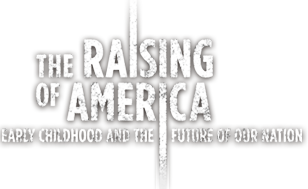DNA Is Not Destiny
How the Outside Gets Under the Skin
to watch purchased videos
Discoveries in the exciting new field of epigenetics suggest that fetal and early child environments literally become part of us. Experiences, scientists have learned, can leave chemical marks, called the epigenome, on our DNA, especially during the early years. The epigenome acts like a dimmer switch or volume control, turning genes on or off, making them shout or whisper. In so doing, they change the way our brains and bodies function--with enduring consequences for behaviors and mental and physical health.
The genes we’re born with don’t change, but the settings of the epigenome – and hence gene expression—can, especially during critical periods like gestation, the early years and the onset of puberty.
In animal and human studies, the diets of pregnant mothers, toxic exposures, trauma, parental neglect, poverty, and even the everyday stressors faced by middle and low income parents have been linked to epigenetic changes in babies.
These modifications of their epigenomes have in turn been associated with a host of knock-on effects: anxiety, depression, poor learning, obesity, substance abuse and even cancers. They can change the course of a child’s life.
DNA Is Not Destiny considers the profound social and political implications of these discoveries. If social environments can change our epigenetic settings, and hence alter the way our genes work, then early environments can help or hinder child success and wellbeing in ways that go beyond the individual choices we make.
We can’t change our genes. But we can change the environments which modify our epigenomes. The science, says Marie Lynn Miranda, environmental researcher and provost of Rice University, is clear: improved social conditions can provide the biological foundation for healthier, more resilient and successful lives.


